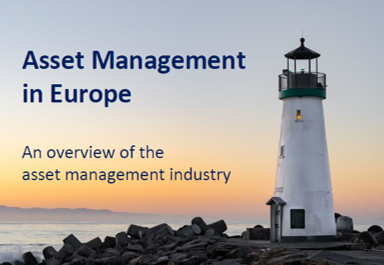As players in a globalised and technologically-driven financial services industry, asset management companies face cyber-security risks on a daily basis. Cyber-attacks aim mainly at obtaining, or restricting access to, sensitive data, related to clients and/or to portfolio construction and composition, trading and risk management, among other asset management functions.
Management Companies
EFAMA has been looking at legislative proposals with a direct impact on asset management companies and services, and closely follows any regulatory developments of critical importance to the sector. In addition to issues related to risk management and financial stability, high up on the agenda of EFAMA members is the framework for a prudential regime for Investment Firms (IFD/R), and related implementing measures directly descending from such framework.
EFAMA is focused on minimising the impact of the rules on asset management companies, in particular those holding a limited MiFID license. Key to the sector is the need for proportionality, especially firms that are not authorised to hold client money/securities, or to deal on their own account.
EFAMA responds to Commission consultation on digital operational (cyber) resilience in financial services
Policy Recommendations for the Next European Commission
FinDatEx supports standardised technical templates
ESMA Consultation paper on Guidelines on Liquidity Management Tools of UCITS and open-ended AIFs
ESMA Consultation paper on Draft RTS on Liquidity Management Tools under the AIFMD and UCITS Directive
EBA & ESMA discussion paper on the Commission’s call for advice on the prudential framework for investment firms
Asset Management Report 2019
The EFAMA Asset Management in Europe report aims at providing facts and figures to gain a better understanding of the role of the European asset management industry. It takes a different approach from that of the other EFAMA research reports, on two grounds. Firstly, this report does not focus exclusively on investment funds, but it also analyses the assets that are managed by asset managers under the form of discretionary mandates. Secondly, the report focuses on the countries where the investment fund assets are managed rather than on the countries in which the funds are domiciled.



































